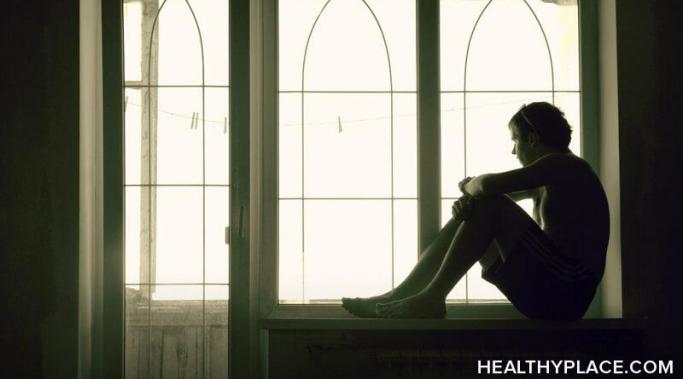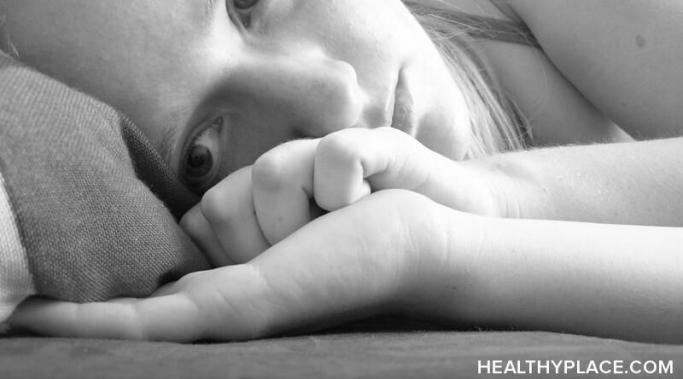What does life look like beyond mental health stigma? I get this sense that we only see mental health stigma as this negative cloud hanging over living with mental illness, and then beyond that, it's all sunshine. We look toward that perceived sunshine with eagerness, but what I've discovered is it might not only be sunshine waiting for us.
Stigma and Society's Perception of Mental Illness
To some degree, we're each aware mental health treatment is stigmatized, and that stigma is one of the barriers to people seeking professional guidance for mental illness and mental health struggles. What I don't think people would expect is how this stigma can also manifest in people's good intentions in conversations about mental health treatment.
During a time where the world is pushing for positivity and forward-moving action, it can be especially difficult when you're not able to do that. The fact of the matter is that it's okay to struggle with your mental health during difficult times and it's nothing to be ashamed of. Despite all the messages asserting that struggling isn't an acceptable response, it is.
There's been a question on my mind concerning other people's reactions to COVID-19 as it continues to spread and as people continue to respond: am I stigmatizing reactions to COVID-19 (coronavirus)? There has been a wide range of reactions to how the virus is changing how we operate as a society, fear being a huge one. I find myself a bit of an outlier in this, which is where this question I've been thinking about comes from. Allow me to explain.
A misconception bred by mental health stigma is your mental illness is your entire identity. It can even go as far as suggesting there is no separating you from it. While mental illness and mental health struggles are a part of who we are, they don't completely make up our identity.
We might not think about it explicitly, but responses to mental health stories can be shaped by stigma. It can be easy to read through posts online or hear someone speak about his or her mental health experiences and question the validity of them. In particular, in a day and age where people can present themselves as anything online, questioning can be good. But, it's important to consider how stigma may be shaping our responses to mental health stories.
The stigma related to suicide is often thought of as a uniform idea, but it's important to think about the different ways it manifests so we can better understand how to approach it. Does it look different for men and women, for instance? And if so, how? (Note: This post contains a trigger warning.)
As a form of expression, writing can help us understand the world around us and our experiences, including experiences with mental health. Many mental health advocates talk about journaling specifically as a tool for mental health recovery. But, journaling isn't the only form of writing beneficial to mental health.
One of the ways mental health stigma is spread is through negative labels and name-calling those with a mental health condition. This can happen no matter where a person falls on the mental health spectrum, whether they have a manageable or severe mental illness, but in all cases, calling people with a mental illness names not a helpful solution to mental illness.
One of the most pervasive stigmas of mental illness is the idea that people struggling with their mental health aren't trying hard enough to get better. There's this idea that those with similar, the same, or worse struggles have made it through a tough time so everyone else should be able to. But it's not that simple and people need to stop saying it is. People struggling with their mental health are trying to be well, and the struggle is harder than you think.









